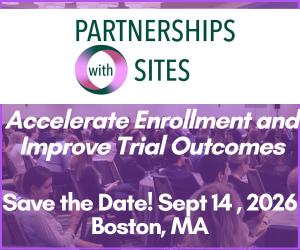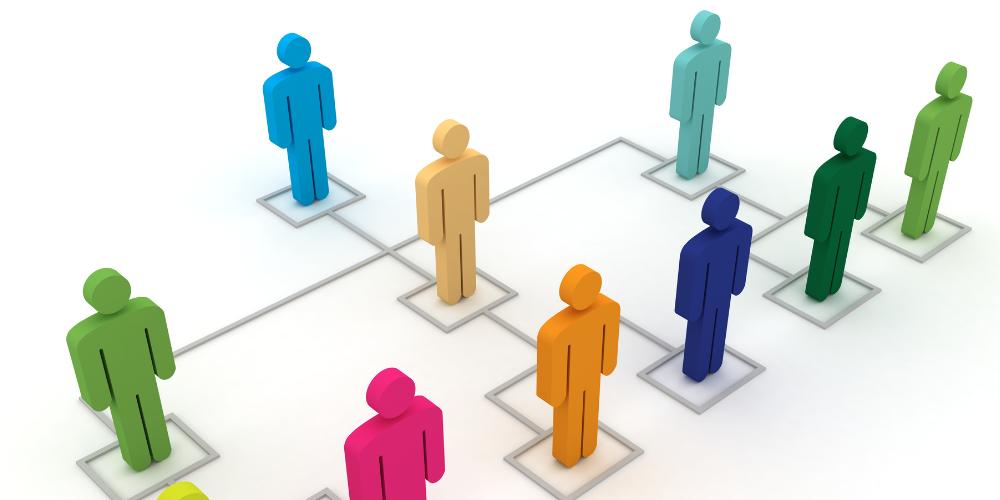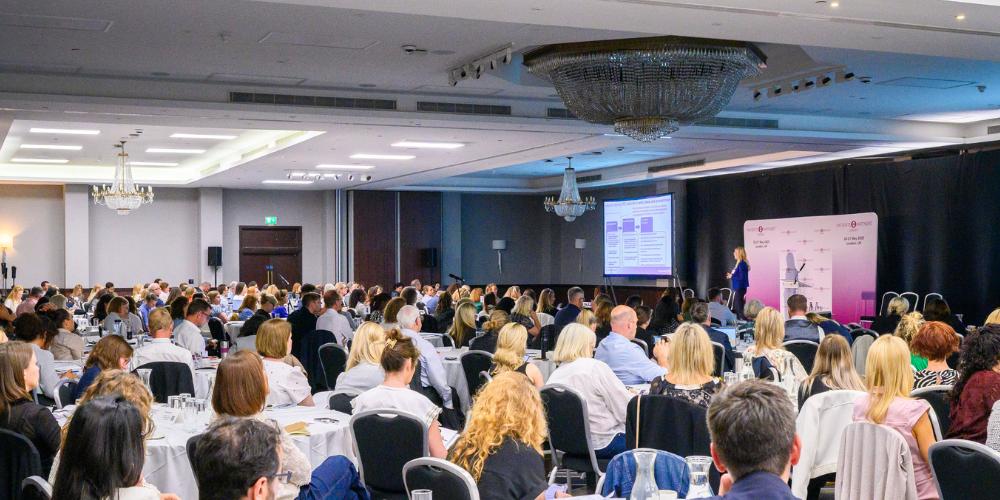Medical PTSD and What Clinical Trial Executives Should Know
Emily Parks, founder and CEO of POP: Pissed Off Patients, and a medical PTSD advocate, sheds light on the condition and why it matters for clinical trials. She also gives her perspective and experience as a former trial participant.

How would you define medical PTSD?
There’s very little research published on medical PTSD, but it is a disorder in which a person struggles recovering from experiencing a terrifying medical event. Medical events can range from medical interventions required for survival to communication errors between patients and providers. Similar to the PTSD incurred from domestic violence, or being in a war-torn area, medical PTSD isn’t a single traumatic event, but from repeated and persistent exposure.
For example: A patient may have a single traumatic event. Then, there are complications with getting their medication. They have persistent side effects. They have difficulty navigating insurance challenges. Maybe they are being repeatedly disregarded and ignored by their medical provider. Those experiences build over time, increase symptoms of anxiety, disassociation, and emotional dysregulation and could culminate in medical PTSD.
Why does this matter for people working in R&D or those developing trials?
To progress in medicine, we need patients. A lot of patients get involved in clinical trials because they want to help, but if there's not good communication, then it can feel frustrating or, in instances like mine, feel futile.
I want to join clinical trials to help. I think of it like my relationship with my current gastroenterologist. I'm a transplant recipient: I take my rejection meds because I know they're good for me, but I have a really solid relationship with her and there is a part of me that feels, “I can't let her down.” In clinical trials, you want patients to be empowered and engaged with the trial in a similar way. If it’s a partnership, and they are invested in the team because they are a part of the team, you’ll get better results.
"In clinical trials, you want patients to be empowered and engaged with the trial in a similar way. If it’s a partnership, and they are invested in the team because they are a part of the team, you’ll get better results."
What should those in medicine development do as a potential next step?
If the trial budget allows, and if you’re really dedicated to patient engagement, bring on a social worker, psychologist or patient advocate who can focus on the patient experience. I would like to see more asking about how patients are doing as a whole, rather than just going through a checklist. Sometimes, when you’re a patient expressing these things, it can feel like being shooed off the phone, and outside the scope of the trial. But it’s all intertwined. Patients want to share what is going on; you’ll have better engagement if you engage individually with the patient, and you’ll have better outcomes overall.
What is one thing about the patient experience that you feel is very important to emphasize for our audience?
A common feeling, especially for patients with chronic diseases or rare diseases, is a feeling of helplessness and lack of autonomy. If you’re an adult, you have autonomy, independence, decision-making abilities, and the expectation of communication around your life. Suddenly, you’re in this new environment, due to the dynamics of patients and healthcare providers, where it feels like your autonomy can be totally taken away.
They have been passed from one provider to another. They’ve had to retell their health history. They’ve dealt with doctors coming in and saying, “This is what we’re going to do.” There is the perception that patients aren’t competent or knowledgeable in medicine. But a lot of chronically ill patients and rare disease patients have been doing this their whole life.
"Patients want to share what is going on; you’ll have better engagement if you engage individually with the patient, and you’ll have better outcomes overall."
What can people working in medicine development do better for patients?
Putting clinical trials in the perspective of patients. Because of this perceived lack of autonomy, it can be difficult for patients to speak up, or ask additional questions. I’ve spoken to patients who said, “It took me a long time to realize I could even ask questions.”
Take the time to understand patient perspectives, and ask, for example, “Do you prefer going to third-party labs or the hospital?” And if something must be a certain way, explain that. If patients can’t go to a third-party location, but must go to the site, explain why.
I’ve been a participant in a clinical trial, but I have a full life outside of that. It can be very time-consuming to participate in a trial. But if you can convey “This is what’s required of the clinical trial,” and “This is where we can be flexible,” ultimately patients don’t feel intruded upon and the sponsor can conduct the clinical trial.
You participated in a clinical trial, but eventually dropped out. What were some of the reasons for that?
Certain activities in the trial were not fully explained to me, and therefore I didn’t understand completely the commitment I was getting myself into. One specific example was getting a weekly EKG. I would get calls from research assistants asking me if I could come in the middle of the workday for an EKG, and when I said that wouldn’t be feasible, there was never a conversation of what the barriers were for me getting to these weekly EKGs. If they were available, I would have done those EKGs outside of my 9-to-5 job.
I need health insurance, and I need to work. Especially as a person with disabilities, it can feel like I have to choose between my health as a patient or my livelihood. Whether in clinical trials or in regular healthcare, I’ve had to consistently fight for my right to work, and pushed back against providers by saying “I can’t come in at that time; I need to work.”
Can you tell me about POP and its mission?
POP stands for Pissed Off Patients. It’s dedicated to bringing awareness for medical PTSD, because it can be very unfair to be chronically ill and have a rare disease but there are some that we can change. POP’s initial focus was defining medical PTSD, and now we’re focusing on talking to providers about what they can do differently.










